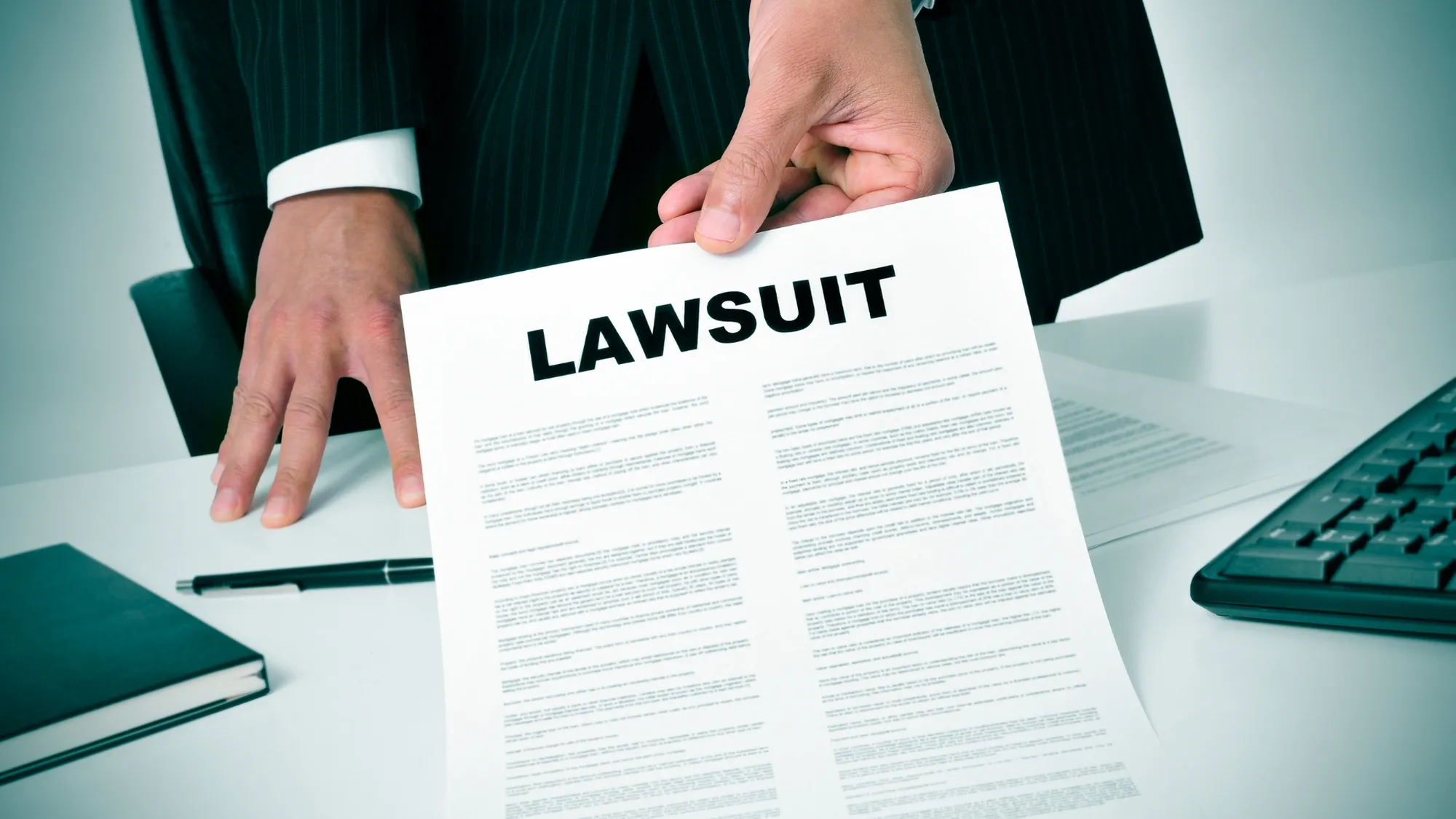If you are involved in a lawsuit in Malaysia, you may wonder if you can still apply for a license to operate your business or profession. The answer depends on the type of license you need and the nature of the lawsuit. Here are some steps you can take to get a license if you are sued in Malaysia.
Check the Requirements of Your License
Different licenses have different requirements and conditions. Some licenses may require you to disclose any pending or ongoing lawsuits against you, while others may not. Some licenses may also be revoked or suspended if you are convicted of certain offences or if you breach certain terms of the license.
You should check the requirements of your license with the relevant authority or agency that issues it. For example, if you want to apply for a driving license, you should check with the Road Transport Department (JPJ) . If you want to apply for a professional license, such as a lawyer, doctor, engineer or accountant, you should check with the respective professional bodies, such as the Malaysian Bar , the Malaysian Medical Council , the Board of Engineers Malaysia or the Malaysian Institute of Accountants .
You should also check the laws and regulations that govern your license. For example, if you want to apply for a company license, you should check the Companies Act 2016 and the Companies Commission of Malaysia Act 2001 .
Disclose Your Lawsuit If Required
If your license requires you to disclose any pending or ongoing lawsuits against you, you should do so honestly and accurately. You should provide the details of the lawsuit, such as the parties involved, the cause of action, the amount claimed, the status of the case and any court orders or judgments.
You should also update your disclosure if there are any changes or developments in your lawsuit. For example, if your lawsuit is settled, withdrawn, dismissed or appealed, you should inform the licensing authority or agency as soon as possible.
Explain Your Situation and Provide Supporting Documents
If your license requires you to disclose your lawsuit, you should also explain your situation and provide supporting documents to show that your lawsuit does not affect your suitability or eligibility for the license. For example, you can provide:
- Evidence that your lawsuit is frivolous, vexatious or without merit;
- Evidence that your lawsuit is not related to your business or profession;
- Evidence that your lawsuit does not involve any fraud, dishonesty, corruption or misconduct;
- Evidence that your lawsuit does not pose any risk or harm to the public interest or welfare;
- Evidence that you have taken steps to resolve your lawsuit amicably or through alternative dispute resolution (ADR);
- Evidence that you have sufficient financial resources or insurance coverage to pay for any damages or costs arising from your lawsuit.
You should also highlight any positive factors that support your application for the license, such as:
- Your qualifications, skills and experience;
- Your reputation and track record;
- Your contributions and achievements;
- Your compliance and cooperation with the licensing authority or agency;
- Your testimonials and references from customers, clients, colleagues or peers.
Appeal If Your License Is Denied or Revoked
If your license is denied or revoked because of your lawsuit, you may have the right to appeal against the decision. You should check the appeal procedure and deadline with the licensing authority or agency. You should also prepare your grounds of appeal and supporting documents to show why your license should be granted or reinstated.
You may also seek legal advice or representation from a lawyer who is familiar with civil litigation and licensing matters. A lawyer can help you understand your rights and obligations, advise you on the best course of action and represent you in court or before the licensing authority or agency.
Conclusion
Getting a license if you are sued in Malaysia is not impossible, but it may be challenging. You should check the requirements of your license, disclose your lawsuit if required, explain your situation and provide supporting documents. You should also appeal if your license is denied or revoked. You may also seek legal advice or representation from a lawyer if needed.
